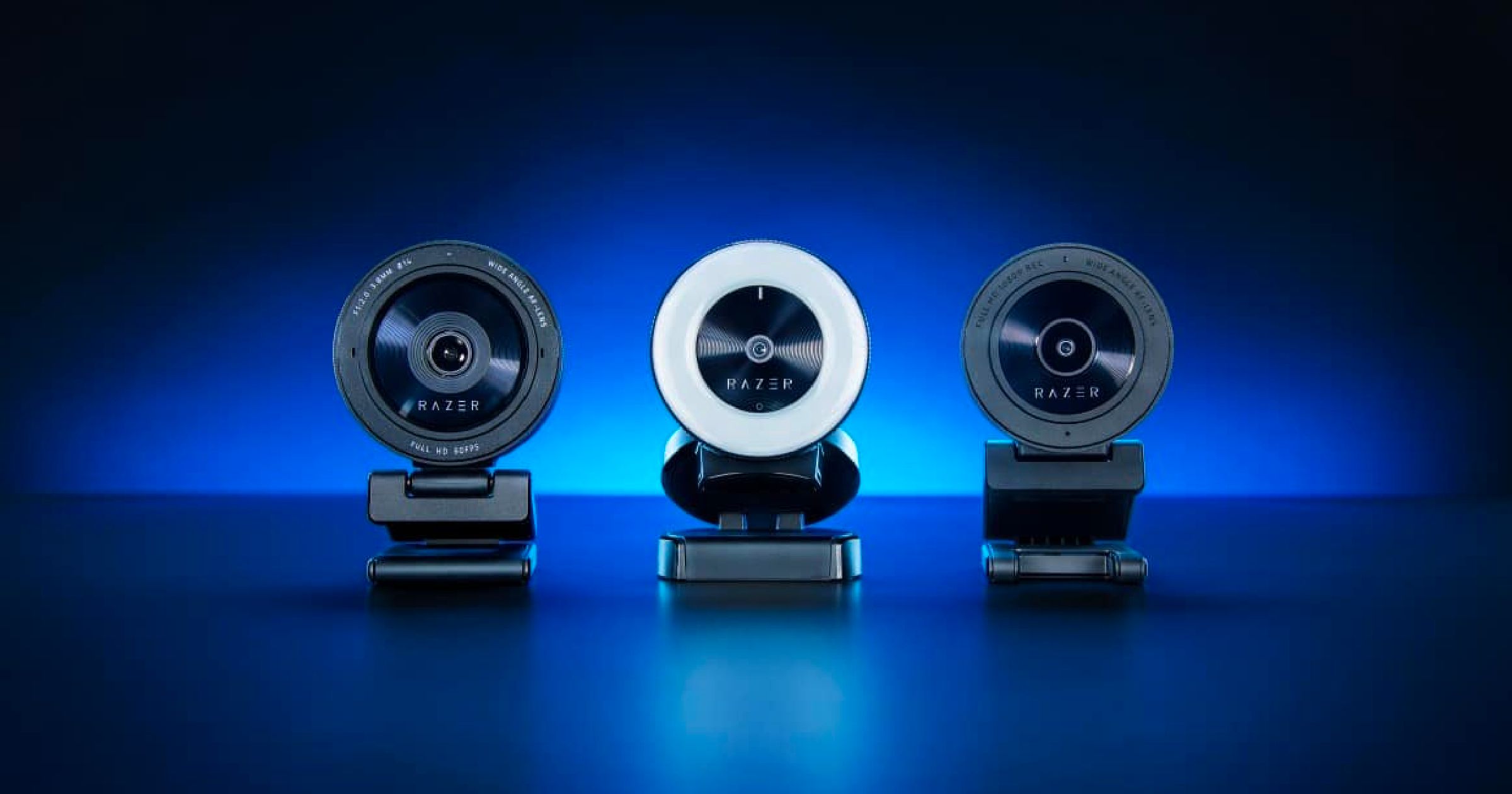An AI revolution is upon us, with advancements in machine learning and generative AI paving the way for a future filled with intelligent devices. However, this progress comes at a cost – the erosion of privacy. While the death of privacy has been proclaimed time and again, the integration of AI into various aspects of our lives poses new threats to our personal information.
Key Takeaway
The integration of AI into our lives comes at the cost of privacy. As AI technologies advance, the collection and analysis of vast amounts of data become essential for their functionality. The potential benefits of AI must be weighed against the erosion of privacy, and we must ponder the implications of a future where our personal information is constantly monitored and analyzed.
The Disruptive Power of AI
Recent developments in AI, such as ChatGPT and OpenAI, have ignited a wave of excitement about the possibilities they bring. These technologies have the potential to revolutionize not only the way we interact with machines but also how they understand and assist us. However, this comes at the expense of our privacy.
According to Meredith Whittaker, President of Signal, AI is fundamentally a surveillance technology. It thrives on gathering vast amounts of user data to improve its performance. AI relies on the surveillance business model, constantly collecting and analyzing our information to provide personalized experiences. Whether it’s image recognition, sentiment analysis, or other applications, AI is designed to monitor and analyze our every move.
The Privacy Trade-Off
To achieve the level of performance we see today, AI models like ChatGPT require enormous amounts of data. This data is collected with varying degrees of consent, with users often unaware of the long-term implications of their freely shared information. While digital data, in and of itself, is quite revealing, the integration of AI into physical devices takes privacy concerns to new heights.
Devices like Humane’s AI pin, Rewind’s pendant, and Meta’s Ray-Ban Smartglasses aim to capture not only our digital lives but also our physical surroundings. These devices offer on-demand information about real-world objects and places through built-in cameras. While some companies have taken steps to address privacy concerns, it remains unlikely that these measures will become the industry standard.
The End of Privacy as We Know It
The road to a true thinking and knowing computer, capable of understanding and acting as our virtual companions, requires a significant compromise on privacy. We will have to surrender vast amounts of data to achieve our goals. Whether this data remains locally stored or is shared with virtual intelligences, the concept of privacy as we know it today may become outdated.
The very notion of privacy may need to evolve to align with this new paradigm. As AI continues to progress, it is foreseeable that privacy will become an insufficient concept in the face of advanced technologies. The path to AI’s “iPhone moment” may indeed necessitate the demise of privacy as we currently understand it, posing challenges for companies like Apple, who have long championed privacy as a key differentiator.

























